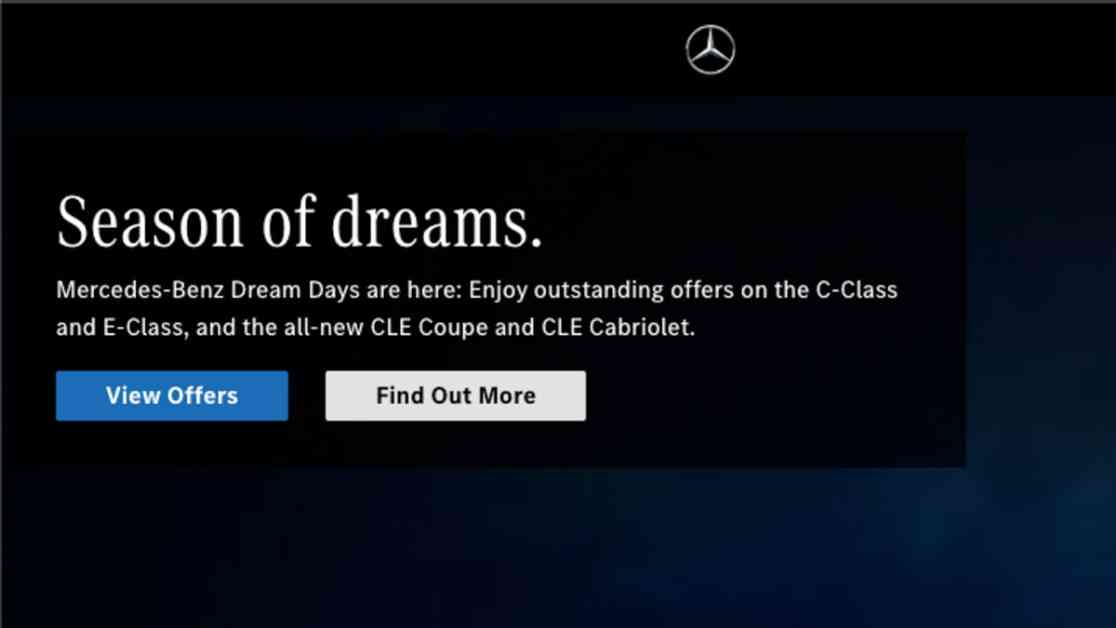Auto journalists spend a significant amount of time browsing through automakers’ websites, gaining insight into how they function. However, the experiences of everyday car shoppers can vary widely when it comes to these websites. J.D. Power recently conducted a study in 2024, called the U.S. Manufacturer Evaluation Study, where car buyers and website users were surveyed on their website experience based on four factors: information/content, visual appeal, navigation, and speed.
In the study, Mercedes-Benz ranked as the top premium brand with a score of 757 out of 1,000. Following closely behind was Lexus with a score of 756, and BMW and Infiniti tied for third place at 751. On the mass-market side, Chevrolet received the highest score of 758, with GMC coming in second at 744, and Jeep at third with a score of 743.
On the other end of the spectrum, Acura, Jaguar, and Maserati were rated as the worst among premium brands, with scores of 724, 720, and 708, respectively, with the luxury segment averaging at 739. In the mass-market category, Ford, Mini, and Mitsubishi received the lowest scores of 701, 700, and 685.
It is essential to note that J.D. Power only collected opinions from potential car buyers regarding the websites, making it challenging to determine if personal biases towards a particular brand influenced their ratings. It is crucial to differentiate between automaker websites and dealer websites, as dealers have their approved list of website providers and management systems, while automakers have control over their web presence and user experience.
The study surveyed 10,471 new vehicle shoppers who expressed interest in purchasing a vehicle within the next two years. Conducted in May of 2024, the study’s results may change over time as automakers frequently update their websites. This indicates that the rankings and scores could vary significantly in the coming years.
Overall, the study provides valuable insights into how car buyers perceive automaker websites, shedding light on the areas where improvements can be made to enhance the user experience. As technology continues to evolve, automakers will need to prioritize website usability and functionality to meet the changing expectations of consumers in the digital age.










